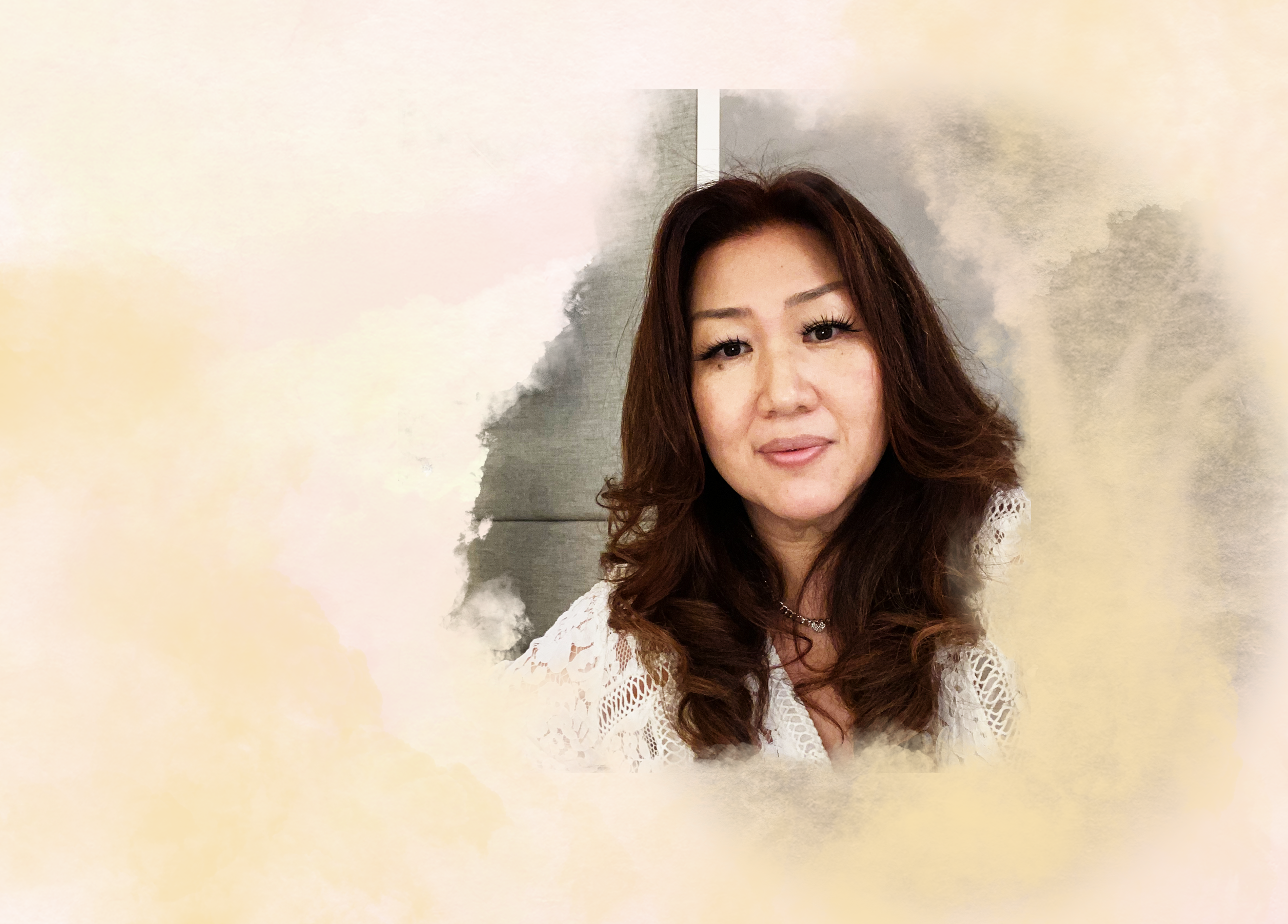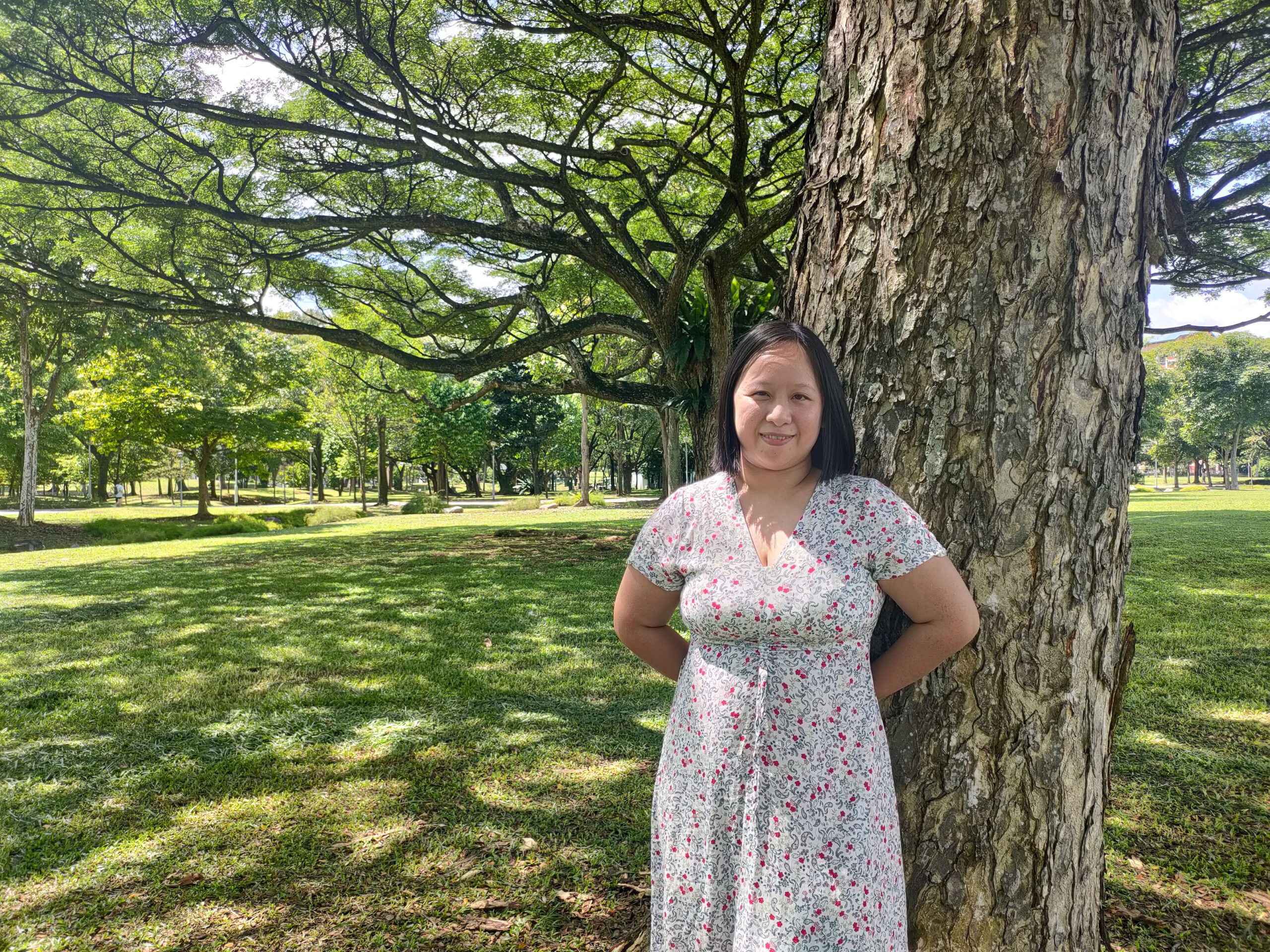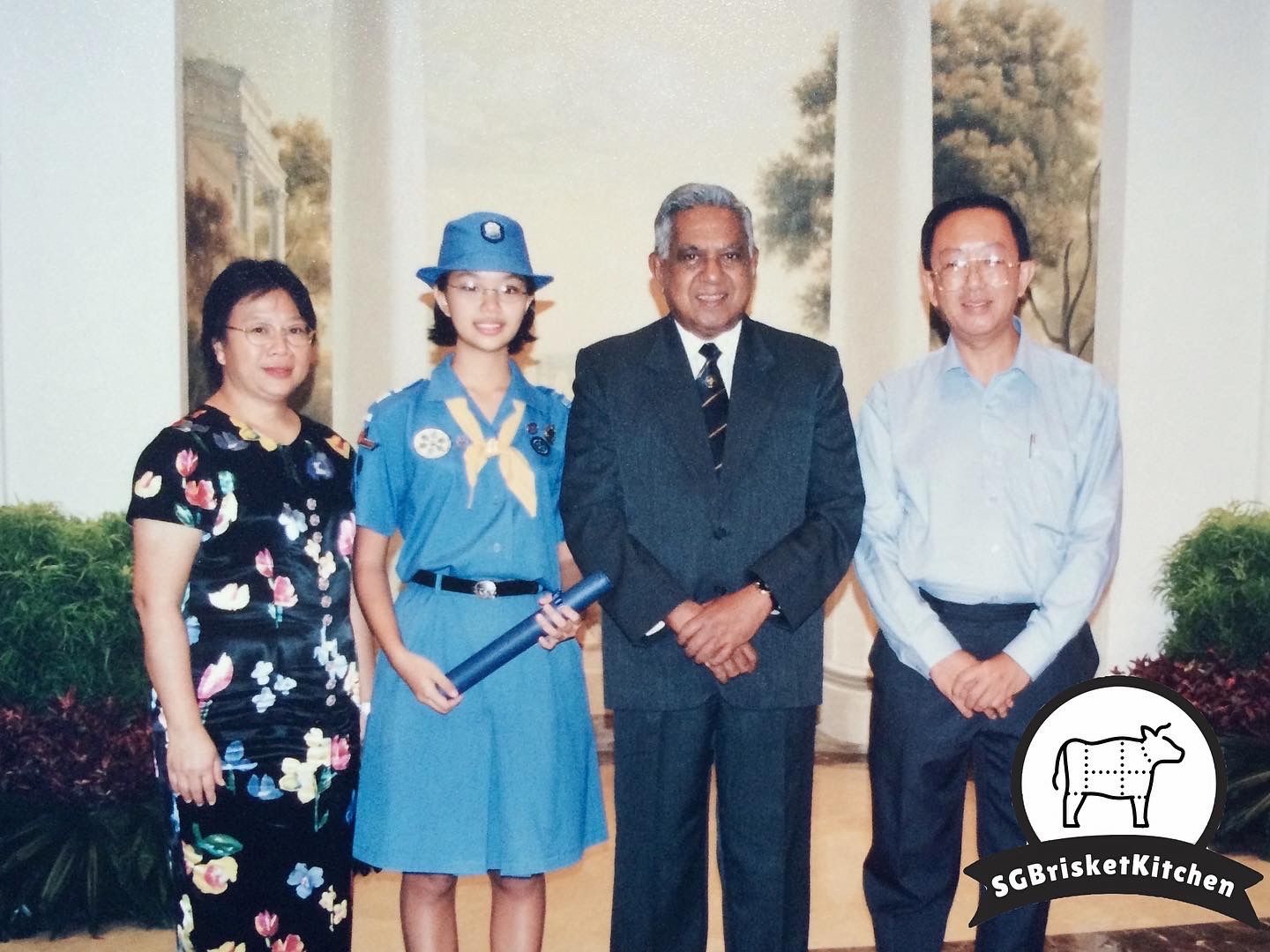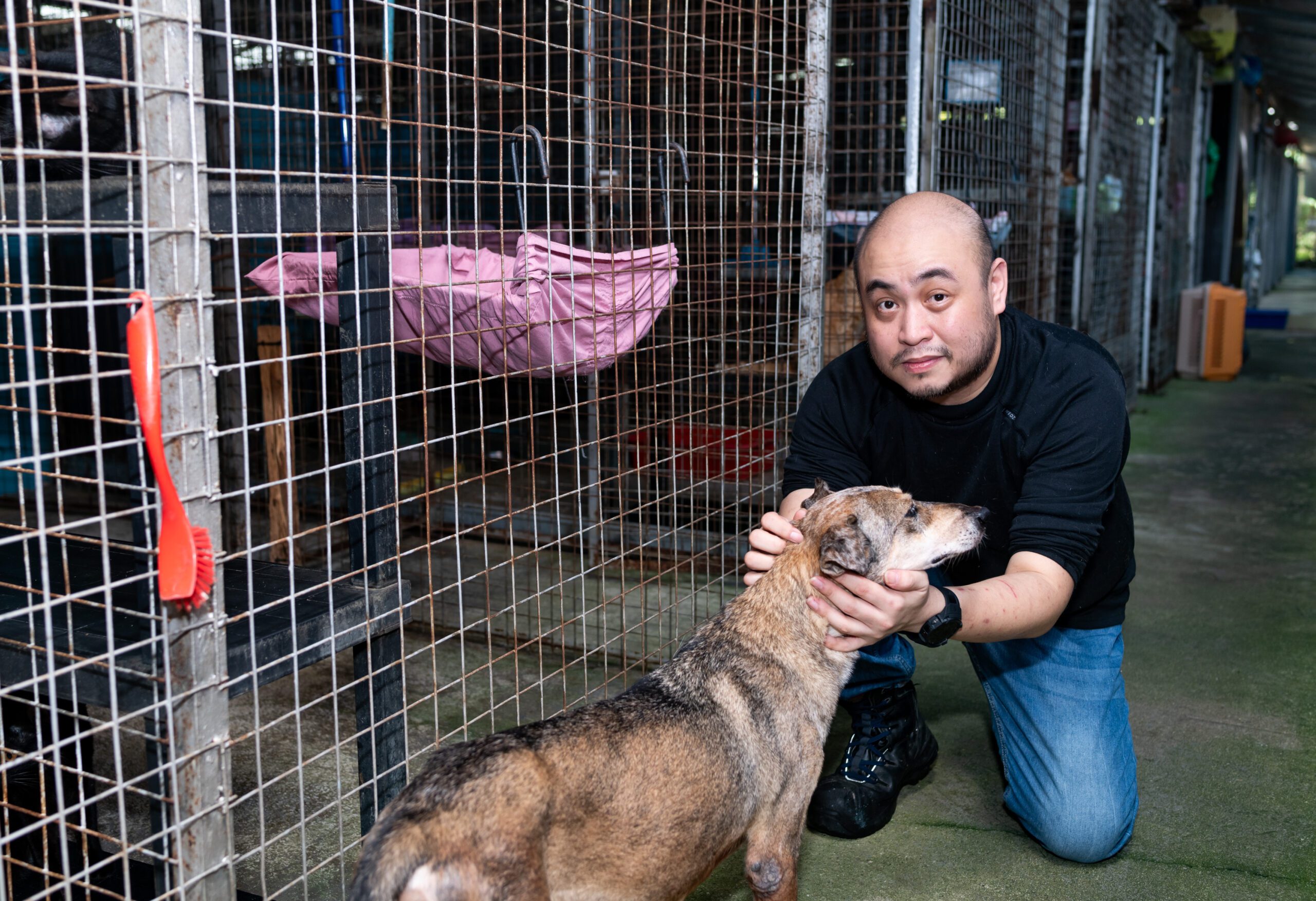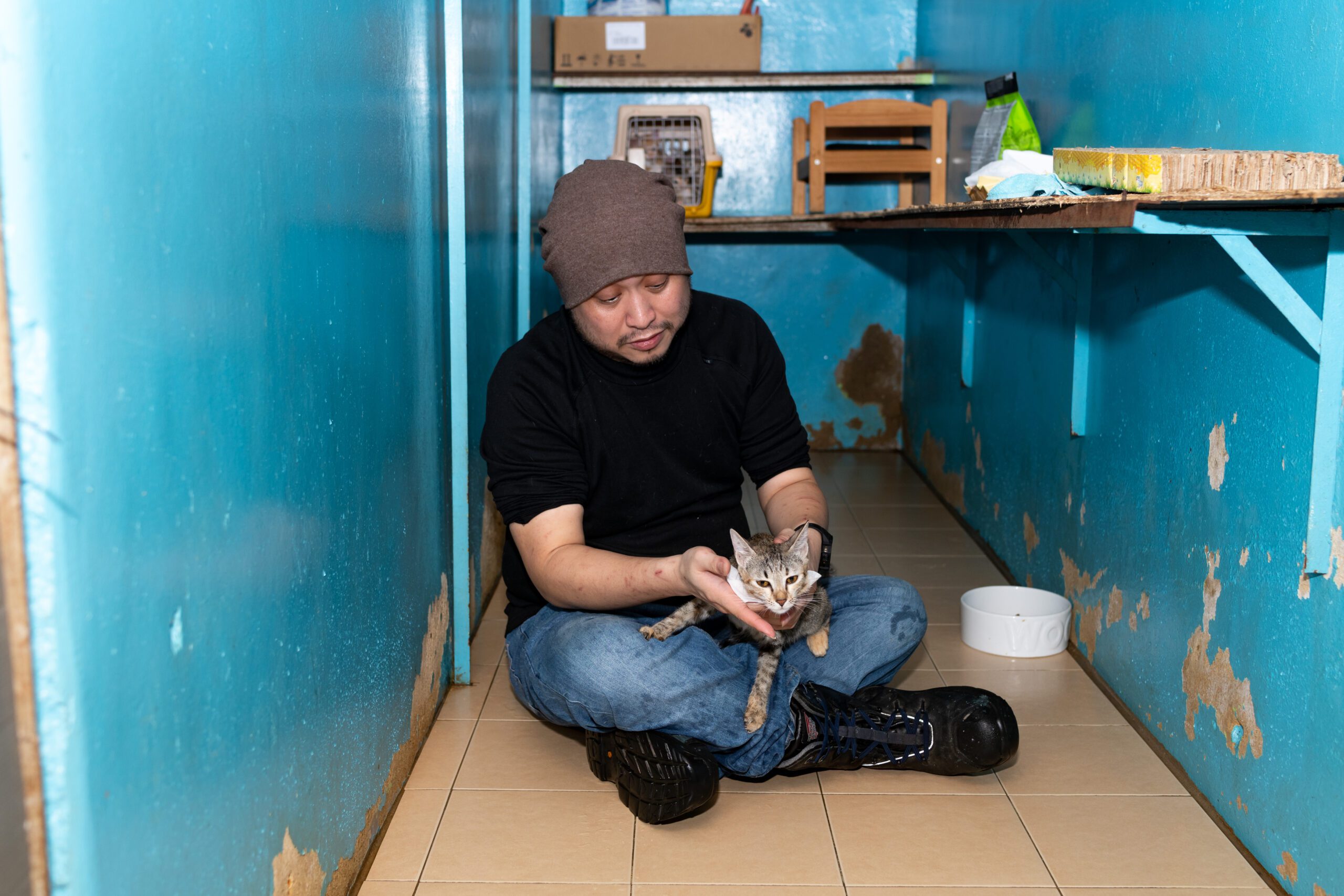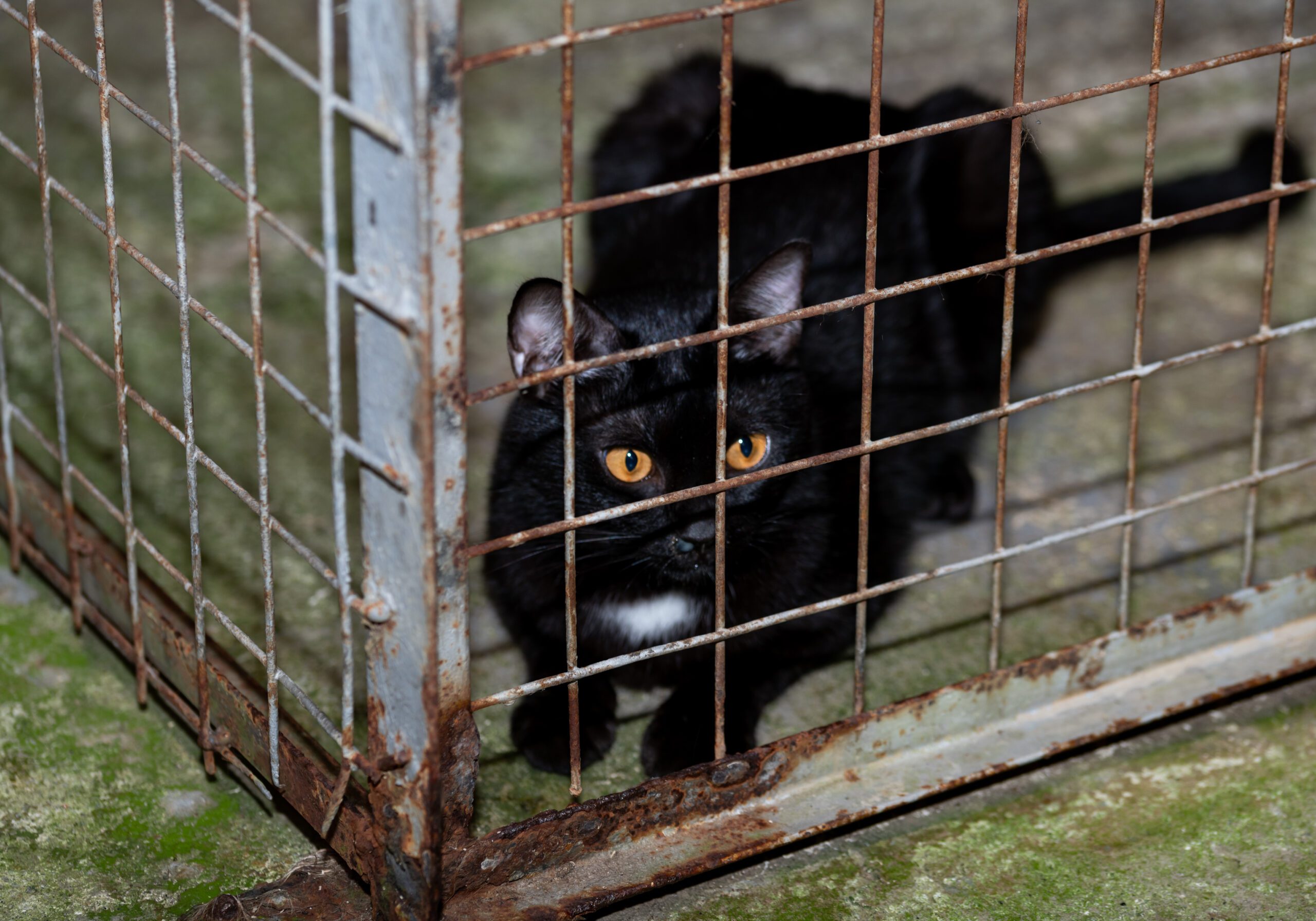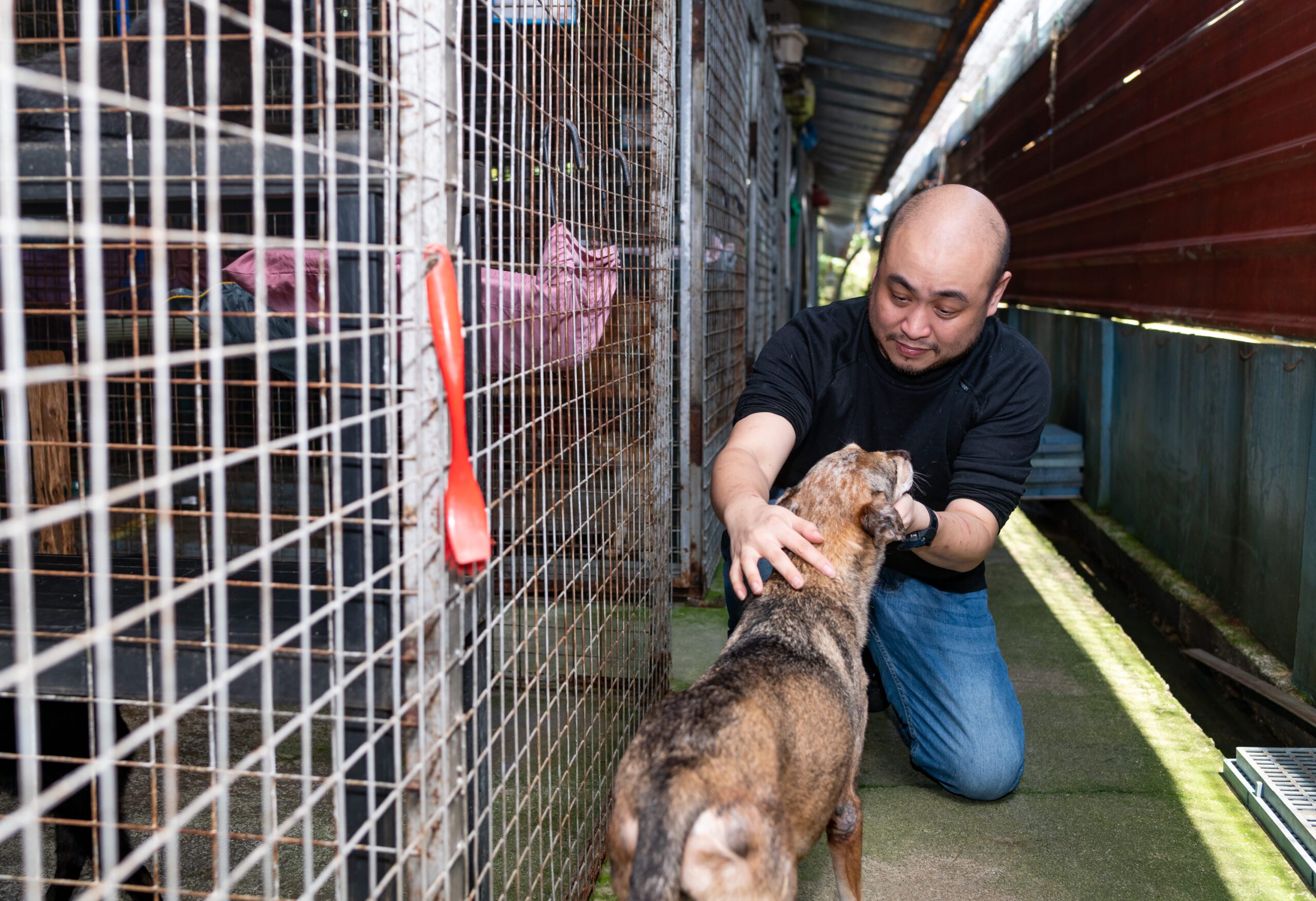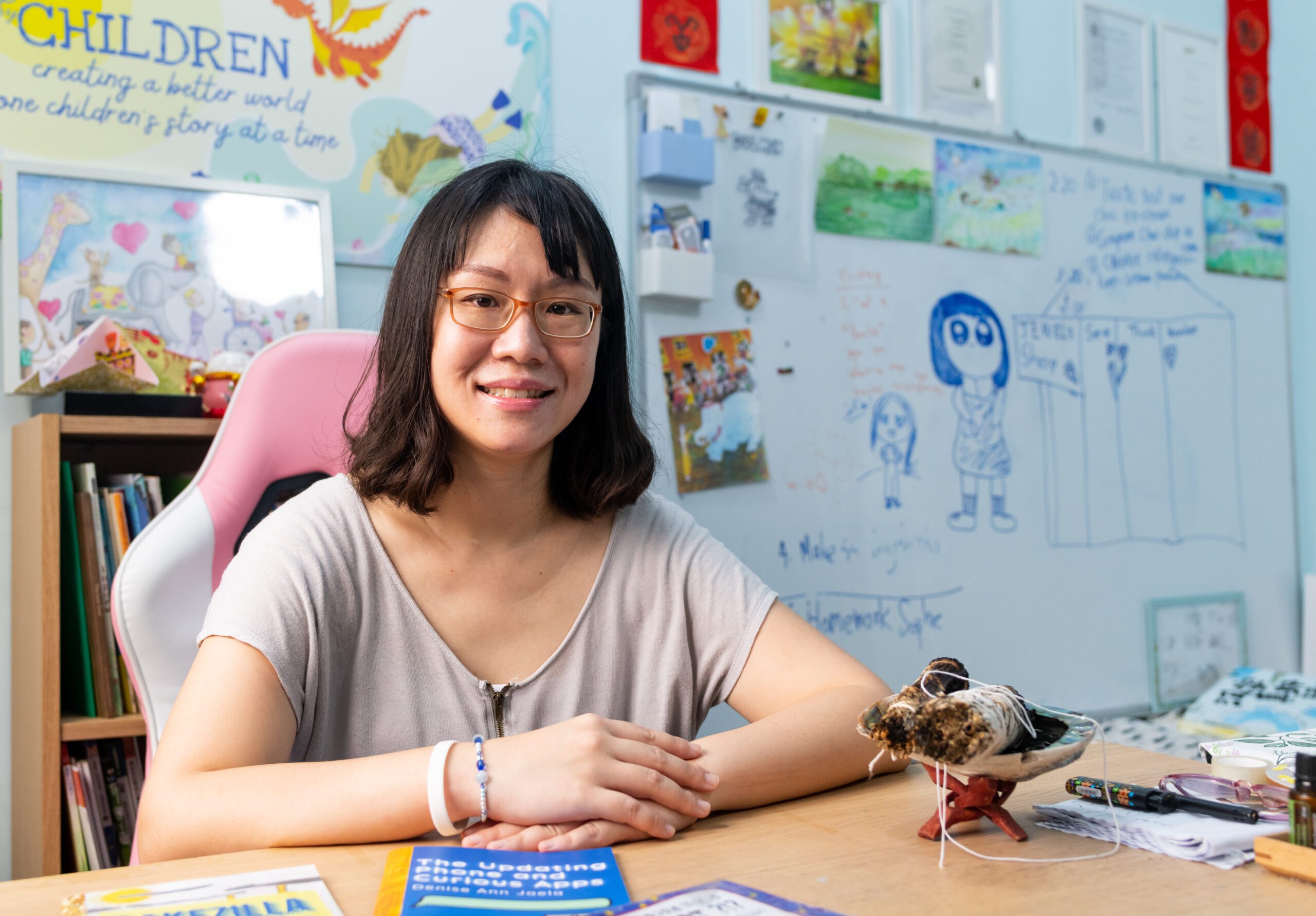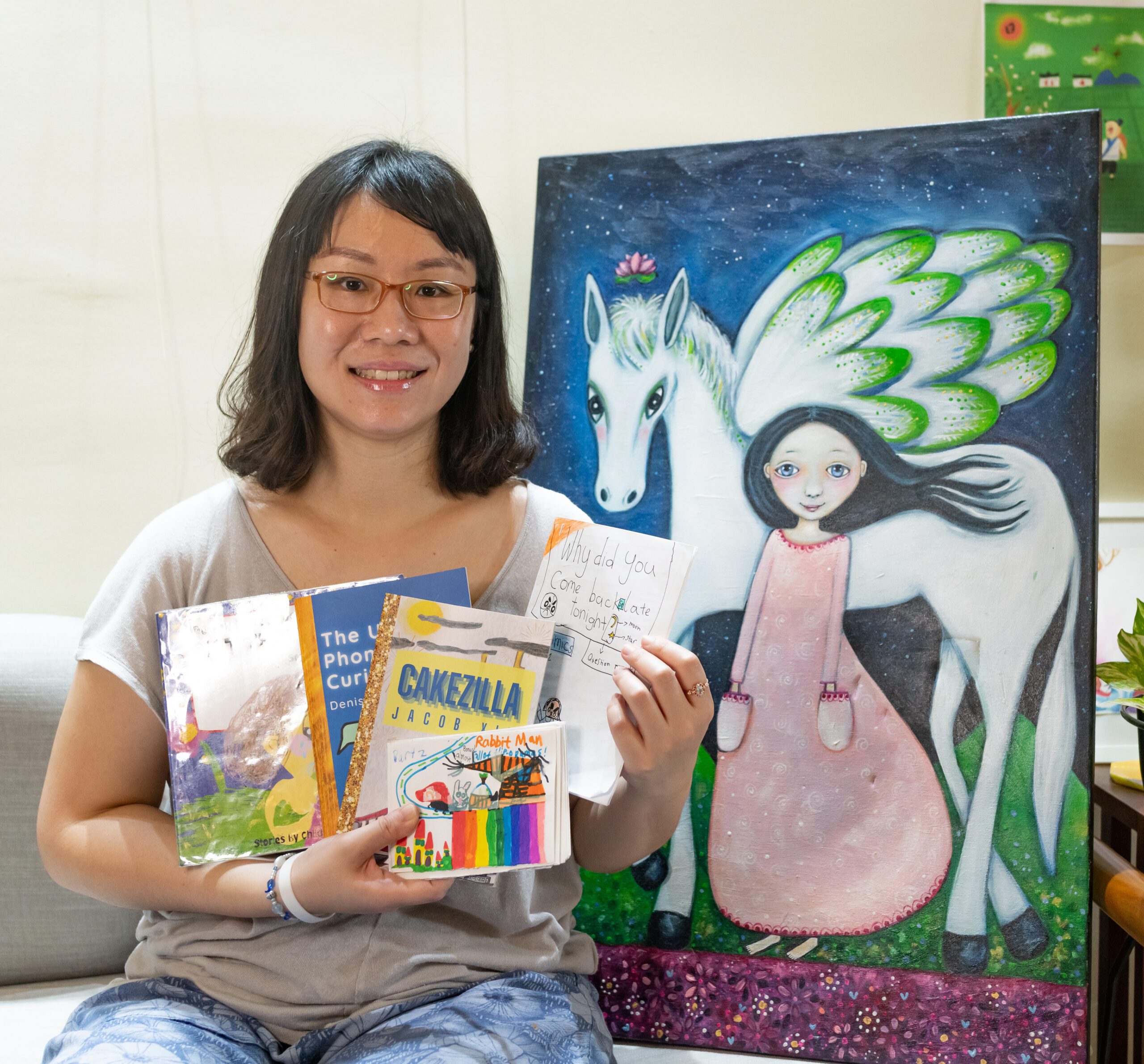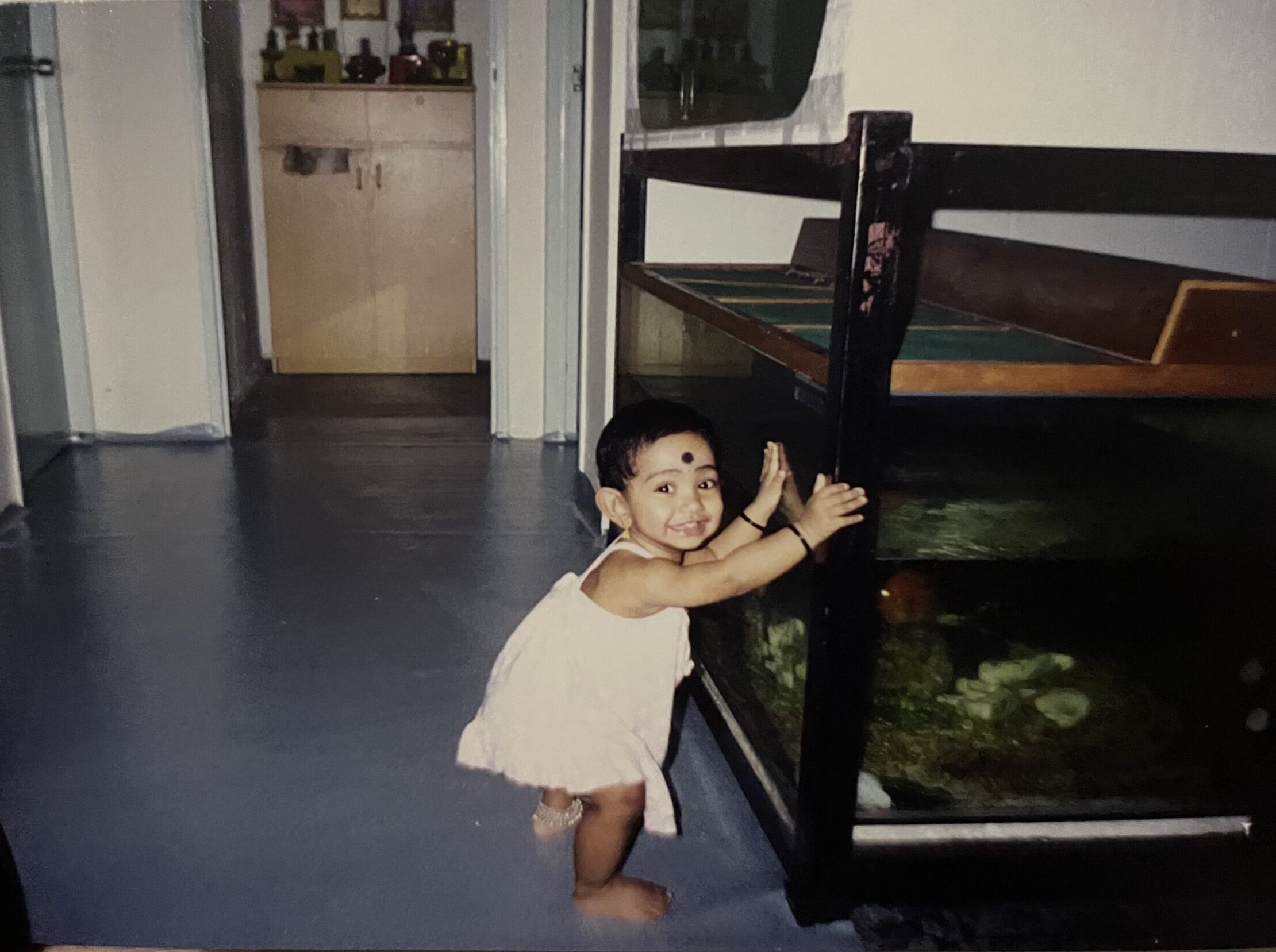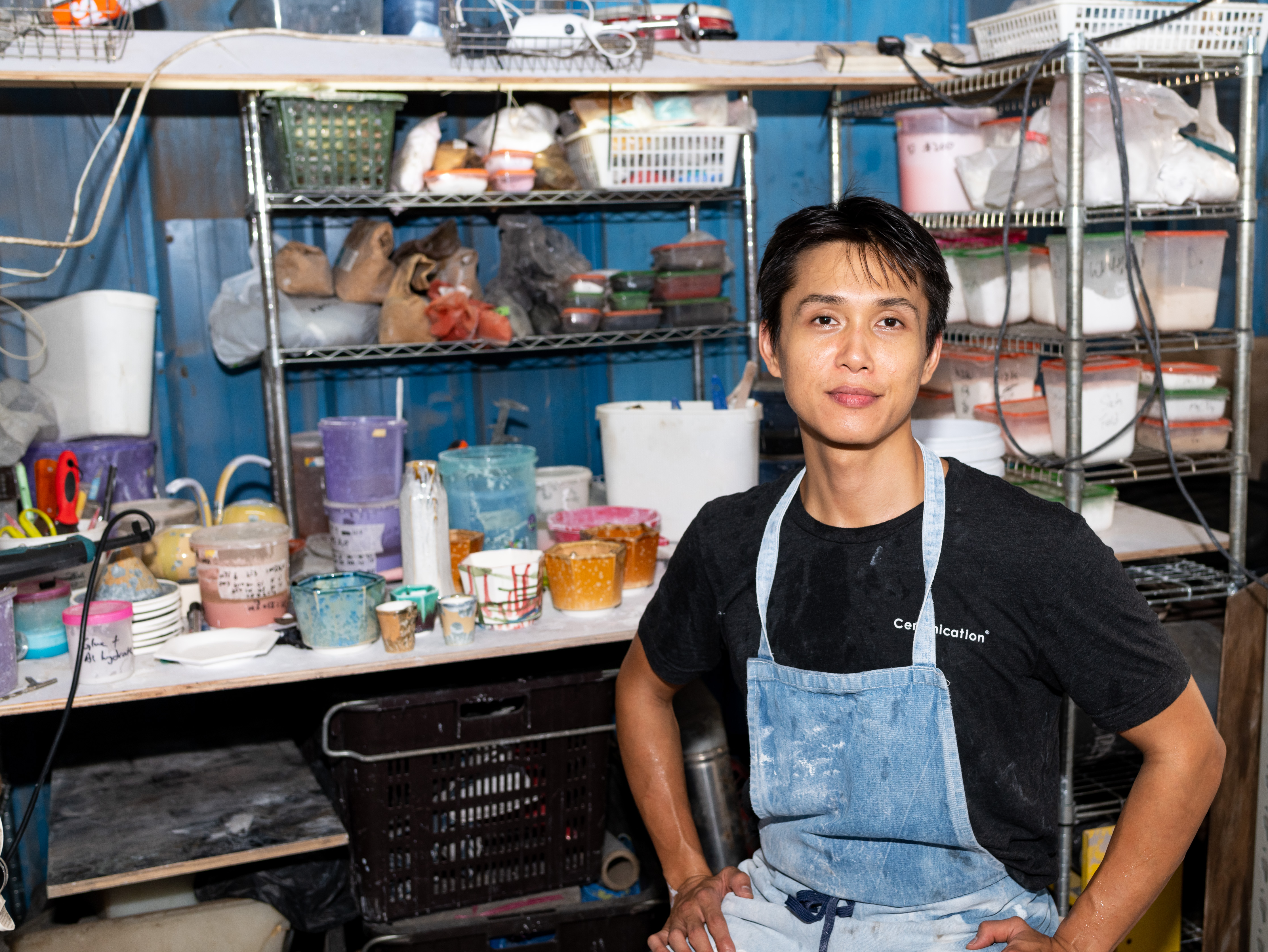This story contains details that may be emotionally unsettling, but they reflect Sandra’s journey as a domestic violence survivor.
The pain from the contusion on Sandra’s forehead throbbed like a heartbeat. She could feel it start to swell. ‘What just happened?’ she thought. ‘All this over a bowl of instant noodles?’ She had just had the happiest day of her life two weeks ago, a day when she was the envy of many — where was the promised matrimonial bliss? She should have kept the door locked. Such rage in her husband’s eyes as he charged towards her she had hitherto never seen before, not in the two years of courtship. Already tired out from a six-hour flight after a weeks-long business trip, she popped a paracetamol and isolated herself in that very spare room while her ex slept in the master bedroom. Any reconciliation would have to wait.
Sandra came to Singapore circa 1996, after her company relocated her. She was a self-professed workaholic, having studied interior design in the United States. At the turn of the millennium, she was part of the team who brought The Fullerton Hotel to life. The hotel’s grand opening was graced by Singapore’s then prime minister. ‘It was beautiful and there was a huge celebration the next day. But I felt so empty.’ Even as she loved her job, she was not impervious to the unavoidable burnout stemming from a punishing routine of irregular work hours and transactional relationships. She sought solace in the church, and became a faithful servant in the community.
The church was where she met her former husband. Quiet and affable, he was someone who ‘blended into the background’ yet had an innate charisma he could unveil when the need arose. ‘By the time both of us were dating, we were no longer young,’ says Sandra. Her meetups with her ex frequently took place in the presence of their common church friends. ‘We were involved in many volunteering activities organised by the church. We met up after office hours and would head back to our respective homes after our dates. I never got the chance to see him in his home setting.’ They also participated in church camps held in Singapore and Malaysia, and he was always a well behaved fellow during these events. Even during their couple’s retreat to Thailand, Sandra saw no red flags or signs of threat.
Finding love and settling down with a Singaporean man were the last things on Sandra’s mind. She wanted the high-power career, her heart and mind ever wandering back to the United States. In spite of her ambitions, she found herself saying yes when her ex proposed. To Sandra, this was a man who had the same values as she, his character exemplary. Working for the church and under the archdiocesan, he preached the message of empowerment to believers across four continents. A few months before they got married, he had completed his training course with the Ministry of Education, and begun his teaching tenure at a junior college.
As a rite of passage, the then soon-to-wed couple attended a three-day marriage preparation course. ‘We were the best couple; our compatibility was off the charts.’ After a short honeymoon, Sandra was sent to Shanghai to oversee a hotel project. On the account that she was a newlywed, her company gave her a respite and allowed her to come home. ‘I was tired from the flight home, hungry, so I went to cook noodles. I asked if he wanted any, and he said “no”. After I had made it, he wanted to take it from me. I refused to give in to him, saying: “I had already asked you and you turned it down. This is my only dinner.” That was when he prised the bowl from me, and the content spilled all over him. His anger arose. I was upset but I knew better than to face an angry person. I went into the spare room and locked the door. Banging and screaming, he demanded for me to let him in. I did, and that was a mistake.’
The first abuse incident blindsided Sandra. She hailed from a loving family and was close to her siblings. She was a tennis player who competed at an international level, and her weekends were dedicated to honing her skills. Her father was a doting man and would train with and prepare her for her tournaments. ‘My father never laid a hand on my mother. Even when there was a conflict or an argument, he never once shouted at my mother.’ This perhaps idealised her perception of marriage. Like a calf that has toed only the riverbank and does not know its full depth and so does not fear drowning, she saw no reason to be guarded.
‘He reasoned that he just wanted dinner. I didn’t know at the time what he really wanted was attention from me. For two weeks I had been away, and didn’t fulfil my so-called wifely responsibilities. We had a talk and made up afterwards.’
